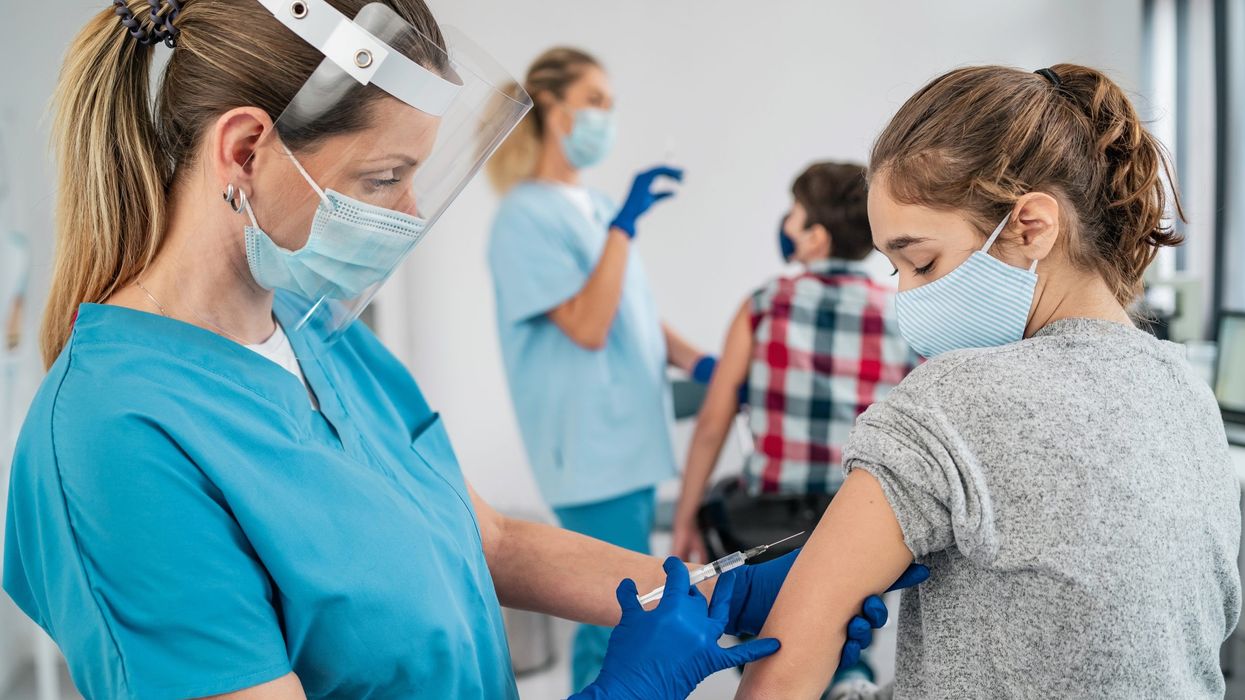Joseph Oakley calls the launch a significant step in defining the role of pharmacists in critical care and mental health
The Royal Pharmaceutical Society (RPS) has launched two pioneering curricula aimed at defining advanced pharmacist practice in critical care and mental health.
Developed in collaboration with the UK Clinical Pharmacy Association (UKCPA) and the College of Mental Health Pharmacy (CMHP), these curricula are supplementary to the RPS core advanced curriculum.
The RPS and UKCPA advanced pharmacist critical care curriculum, developed with support from the Faculty of Intensive Care Medicine (FICM), focuses on equipping pharmacists with knowledge, skills and capabilities to support critical care teams in optimising medicine use.
This includes resuscitating, stabilising and optimising the patient during their illness, as well as managing pre-existing conditions throughout their critical illness and supporting discharge and rehabilitation.
The RPS and CMHP advanced pharmacist mental health curriculum is designed to equip pharmacists to support highly complex patients, populations and health and social care systems.
It focuses on improving the provision of mental health (including substance use) treatment, the management of co-morbidities, the availability, reach and quality of harm reduction activities, and addressing some of the structural barriers faced by this population.
Joseph Oakley, RPS Associate Director for Assessment and Credentialing, emphasised that these curricula represent a “significant step forward” in defining the role of advanced pharmacists in critical care and mental health.
“These will set clear expectations for clinical capabilities and ensure pharmacists are well-equipped to meet the needs of patients and healthcare services,” he stated.
Sarah Carter, CEO of UKCPA, noted that the critical care curriculum is a key milestone, reflecting years of dedication from the UKCPA Critical Care Committee and showcasing effective collaboration between pharmacy and medical organisations.
She also described it as a “landmark achievement in the recognition of specialist practice in the pharmacy profession.”
Karen Shuker, President of CMHP, stated that the mental health curriculum's launch, demonstrates the expertise of pharmacists in this field.
“It will ultimately provide assurance that a pharmacist is practicing at the competencies needed to deliver advanced pharmaceutical care to patients,” she added.
Greg Barton MBE, Chair of the Pharmacy Subcommittee at the Faculty of Intensive Care Medicine, remarked that this curriculum marks a significant step in developing and showcasing pharmacists' expertise in critical care.
To mark the launch, the RPS will host a webinar on Wednesday, 25 September.













